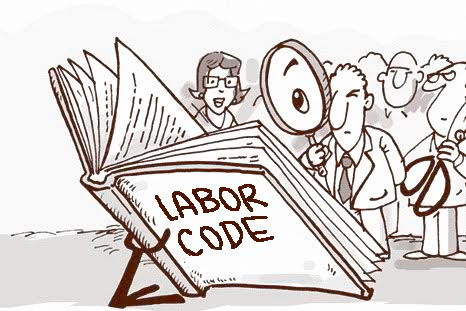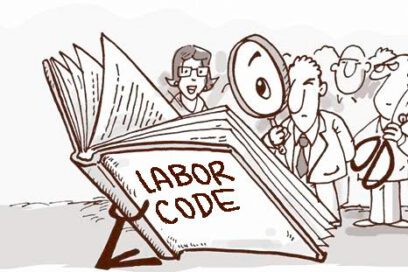The announced modification of the Labor Code is one of the milestones that will certainly focus the attention of the Cuban trade union movement and all our work collectives in this year 2025.

According to information provided by the Ministry of Labor and Social Security, the process of consultation with the workers is scheduled for April and May, to be preceded by a group of clarifications with the CTC and the preparation of those who will lead this debate, starting this February.
In little more than a decade since the law in force today was passed in 2013, the changes that have taken place in the country’s labor environment are neither few nor simple, making this update essential.
At the end of last year, the deputies of the Economic Committee of the National Assembly of People’s Power were able to learn and analyze the policy that will animate the new legal regulation, which includes not only improvements from a technical point of view, but above all substantial changes in the principles and concepts related to the world of work.
Undoubtedly, one of the most important purposes of the proposal under preparation is to guarantee equal rights to all workers, regardless of the sector and form of management in which they work. In other words, to strengthen the legality, rights and guarantees, as well as the duties of employees and employers, both in public entities and in the private sector.
The existence of a wide variety of economic actors, ranging from the self-employed to MSMEs and cooperatives, or the public enterprise sector and the household sector, among other forms of association and institutions, makes it necessary to legislate with clear, comprehensive and common rules, without overlooking specificities.
It is also particularly relevant that the policy aims to further promote the participation of working collectives and their trade union organizations in administrative decision-making, from planning to the management and control of the economy, even replacing the old formula of «having their say» in transcendental decisions with the more democratic variant of «by consensus».
More recent figures such as moonlighting, teleworking and telecommuting will be better embodied in future legislation, seeking more precise definitions of the forms and conditions of their use, through the collective agreement between the administration and the union.
The next Labor Code must deepen the principles of equality and non-discrimination, in accordance with what was established in 2019 by our young Constitution, as well as other international concepts that need to be incorporated: labor stability, minimum protection, prohibition of forced labor, decent employment, or violence and harassment at work.
The different recruitment modalities, the circumstances and treatment in the event of termination of employment, the minimum working age and the protection of young people, the duration of social service and the increased demand for its fulfillment, unpaid leave for travel or family care, the labor justice system and access to the courts in situations of conflict, occupational health and safety, are some of the many other aspects that need to be reviewed and adapted to the new times.
All this revolution in the content and forms of labor relations will generate multiple controversies in the heart of Cuban society in the coming months, although we could say that there is already an advanced stage of this discussion, based on the contributions of the assemblies of the 22nd Congress of the CTC.
When each trade union section will be able to put its sleeve to its elbow on the forthcoming bill, the collective wisdom of the working people will surely have the last word, enriching, varying and improving such proposals, whose ultimate purpose, in short, is to contribute to the dynamization of the economy and the updating of the socialist economic model.


